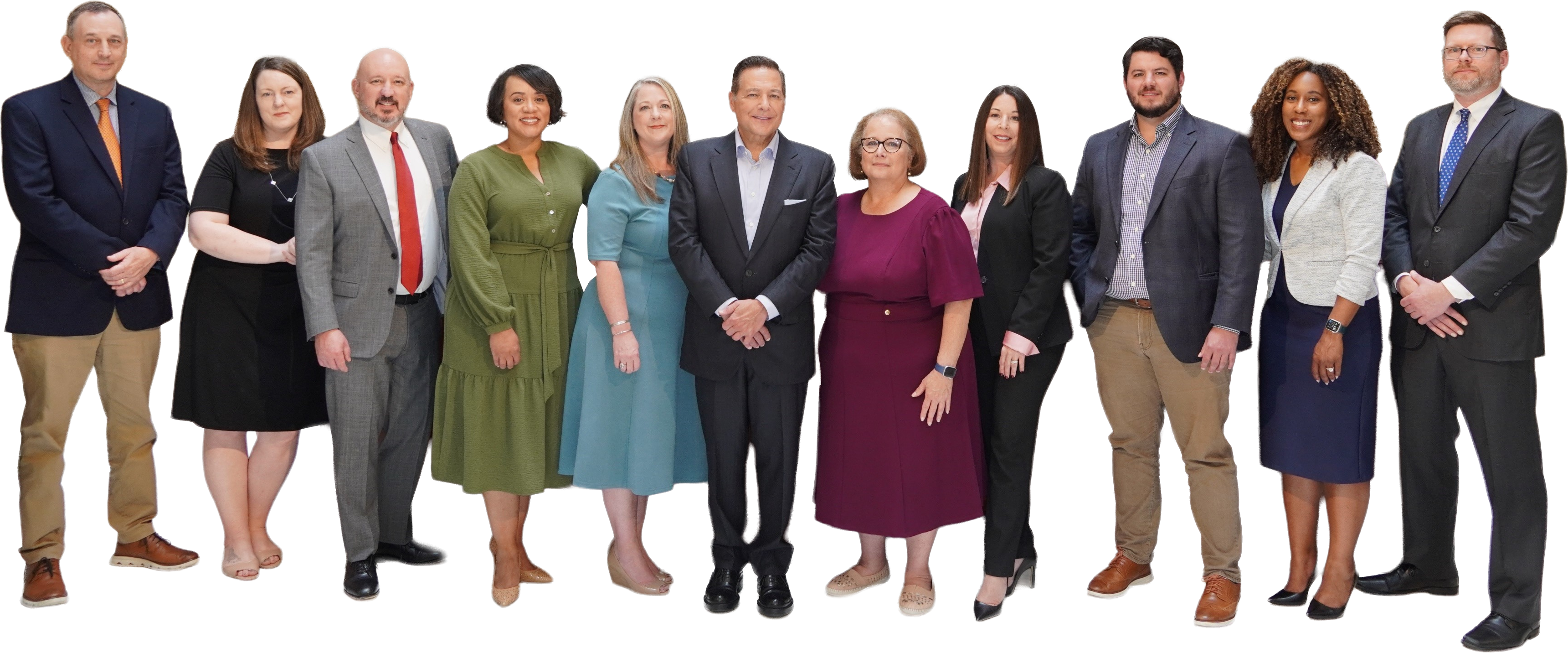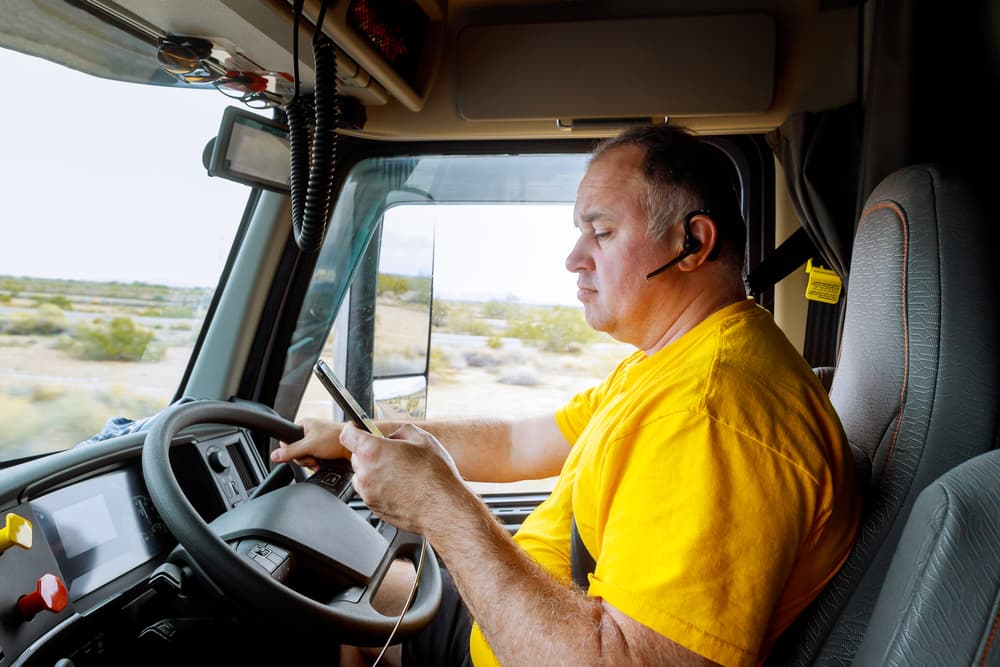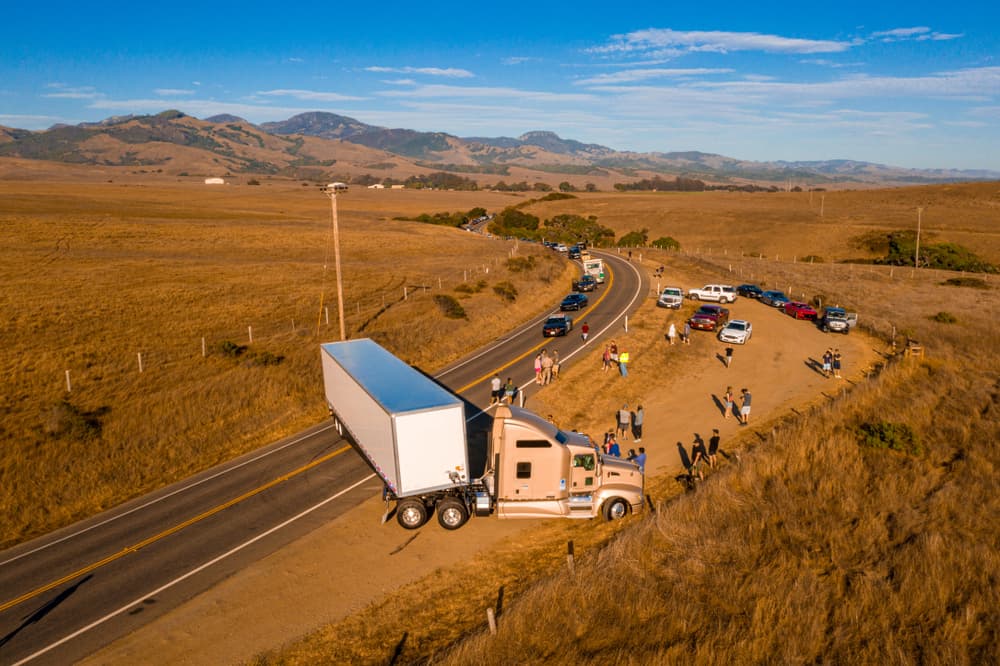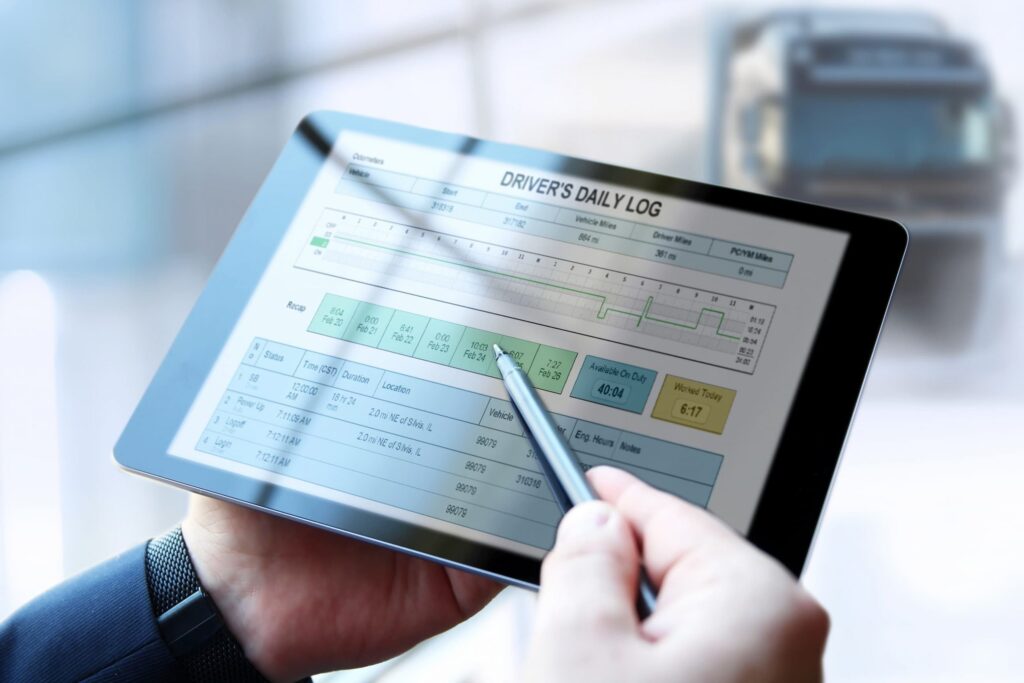Who is liable in a moving truck accident depends on multiple factors, including who caused the crash and what circumstances led to it. Liability can fall on the truck driver, the company that owns the truck, a rental service, or even a third party, depending on the situation.
These accidents often involve complex details, such as mechanical failures, improper loading, or negligent driving, making it crucial to fully assess the facts. Determining responsibility requires a thorough investigation into the actions of all involved parties.
A Charlotte moving truck accident lawyer can determine the liable parties and file your claim, helping you seek compensation for damages. Understanding liability is key to holding the right party accountable after a moving truck accident.
How Liability Is Determined in Moving Truck Accidents
Determining liability in a moving truck accident involves a detailed investigation to uncover the facts and identify the responsible parties. This process requires examining the circumstances of the crash, gathering critical evidence, and analyzing various factors that contributed to the incident.
A Charlotte truck accident lawyer can thoroughly investigate the accident to determine who is responsible. By analyzing evidence and identifying all liable parties—whether it’s the truck driver, a trucking company, or a third party—a lawyer can build a strong case and help you pursue the compensation you deserve.
Investigation Process
An investigation typically begins with reviewing police reports, witness statements, and any available video footage, such as dashcams or security cameras. Investigators may also visit the accident scene to assess road conditions, traffic patterns, and skid marks that could indicate braking or evasive maneuvers.
Key Evidence
The evidence collected plays an important role in determining liability. Evidence in moving truck accidents can include:
- Driver records: These records could show signs of negligence, such as speeding, distracted driving, or fatigue.
- Vehicle maintenance logs: Poor maintenance can lead to brake failures, tire blowouts, or other mechanical issues.
- Cargo records: Improperly loaded or overloaded trucks can cause instability and accidents.
- Black box data: Many trucks are equipped with devices that record speed, braking, and other important data before a crash.
A Charlotte personal injury lawyer can obtain this evidence and use it to support your claim.
For a free legal consultation, call (877) 333-1000
Determining Fault
Several factors are analyzed to determine fault, including:
- Negligence: Was the truck driver or another party acting carelessly or violating traffic laws?
- Vehicle condition: Was the truck in proper working order, and had it been regularly inspected and maintained?
- Regulatory compliance: Did the truck driver or company adhere to federal and state trucking regulations, such as the Federal Motor Carrier Safety Administration’s (FMCSA) hours of service (HOS) rules or weight limits?
An insurance company will make a determination of fault, and it may try to shift blame onto you in an attempt to undervalue your claim. A lawyer can help with liability disputes. They can also help you file a personal injury lawsuit within the statute of limitations, which in North Carolina is generally three years from the date of the accident, under N.C. Gen. Stat. § 1-52(16).
Multiple Parties May Be Liable in a Moving Truck Accident
In moving truck accidents, liability is not always limited to a single party. Depending on the circumstances, multiple individuals or entities may share responsibility for the crash. Identifying all liable parties allows injured victims to seek full compensation for their damages.
Potential liable parties in moving truck accidents include:
- The truck driver: A driver may be held accountable if their negligence caused the accident, such as driving under the influence, speeding, or failing to follow traffic laws.
- The truck rental company: Rental companies may share liability if they failed to properly inspect or maintain the truck, or if they rented a vehicle to someone unfit to drive, such as an unlicensed or inexperienced driver.
- The truck owner: In some cases, the truck may be privately owned, and the owner could be responsible for poor maintenance or failing to ensure the vehicle is safe to operate.
- The cargo loader: If the truck was improperly loaded or overloaded, the party responsible for loading the truck may be liable for accidents caused by shifting or unstable cargo.
- Another motorist: A third-party driver who acted negligently, such as cutting off the truck or causing a chain reaction of collisions, may also be partly responsible.
- The truck manufacturer or maintenance provider: If a mechanical defect or improper repairs contributed to the crash, liability could fall on the manufacturer or the company responsible for repairs.
In many cases, liability may be divided among multiple parties. For example, a moving truck driver may have been speeding, but the truck rental company might also share fault for failing to properly maintain the brakes. When multiple parties are liable, determining the percentage of fault for each is an important step in pursuing compensation.
Identifying all liable parties increases the chances of fully recovering damages, particularly if one party’s insurance coverage is insufficient. An attorney can investigate your case, identify every responsible party, and help you hold them accountable for their role in the accident.
Click to contact our personal injury lawyers today
We Can Determine Who Is Liable in Your Moving Truck Accident and Seek Compensation
Determining who is liable in a moving truck accident can help you seek compensation for your injuries, property damage, and other losses. At DeMayo Law Offices, we have a proven track record of success, having recovered over $1 billion in judgments and settlements for our clients.
We’ve helped over 125,000 clients receive the compensation they deserve, and we’re here to do the same for you. When you hire DeMayo Law Offices, we’ll handle everything for you—from filing the claim on your behalf to negotiating a settlement with the insurance company.
Let us take the stress off your shoulders so you can focus on your recovery. Contact us today for a free consultation to discuss your case and learn how we can help.
Call or text (877) 333-1000 or complete a Free Case Evaluation form




